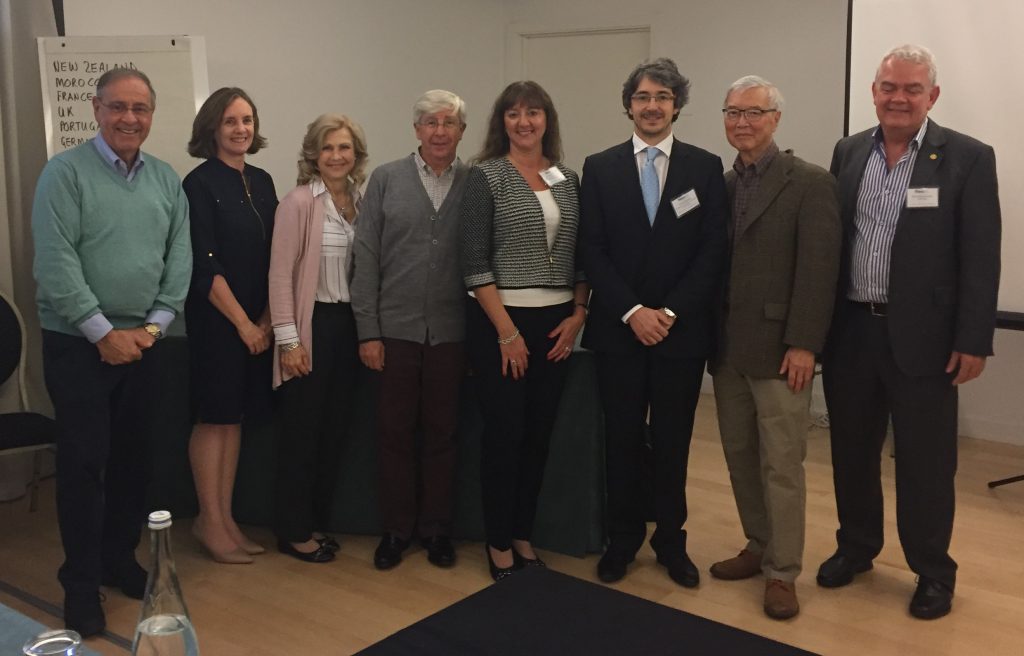 On the 28 October 2018, the Portuguese Association of Hospital Pharmacists (APFH - Associação Portuguesa de Farmacêuticos Hospitalares) held a workshop on medication safety entitled "Medications - Maximum Safety, Minimum Risk" in Cascais, Portugal.
On the 28 October 2018, the Portuguese Association of Hospital Pharmacists (APFH - Associação Portuguesa de Farmacêuticos Hospitalares) held a workshop on medication safety entitled "Medications - Maximum Safety, Minimum Risk" in Cascais, Portugal.
The Portuguese National Plan for Patient Safety 2015-2020 calls for "increasing safety in the use of medication". Safe use of the drug requires a reduction in the prevalence of incidents, through the adoption of structural and procedural prevention measures implying organizational and behavioral changes, both of the professionals involved and of the population in general, and of the institutions.
It is now recognized that patients suffer damage from health care. In the hospital environment, incidents are a serious problem, although in many cases they are considered preventable. The potential for errors in the medication management process, especially in the hospital setting is high, as a consequence not only of the number of drugs administered to the patient while hospitalized but also by the number of health professionals and activities involved in the process.
The management of medication in the hospital environment is highly complex, ranging from the selection, acquisition and storage of medicines, to its prescription, validation, dispensing, preparation, administration and monitoring. Medication-related incidents may occur throughout the medication management process, being mostly associated with prescription, although inadequate medication monitoring may contribute significantly to the occurrence of these incidents.
The first edition of this workshop, entitled "Medications - Maximum Safety, Minimum Risk", was aimed at hospital pharmacists, to promote an update of technical and scientific knowledge in the area of drug safety. The main objective of the course is to help hospital pharmacists systematically adopt procedures that minimize the occurrence of errors in order to guarantee the quality, safety and efficacy of the drug and the well-being of patients. The main points developped during this workshop were following:
Safety, Minimum Risk", was aimed at hospital pharmacists, to promote an update of technical and scientific knowledge in the area of drug safety. The main objective of the course is to help hospital pharmacists systematically adopt procedures that minimize the occurrence of errors in order to guarantee the quality, safety and efficacy of the drug and the well-being of patients. The main points developped during this workshop were following:
- presentation of the most common mistakes and strategies in their prevention
- presentation of identification, packaging and nomenclature errors
- high alert drugs and risk minimization strategies
- prevention of medication errors related to intravenous medication
- information technology as a means of minimizing risk
- error monitoring and active pharmacovigilance
